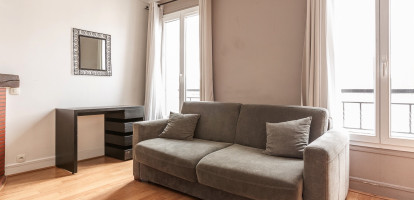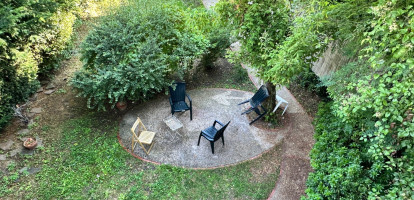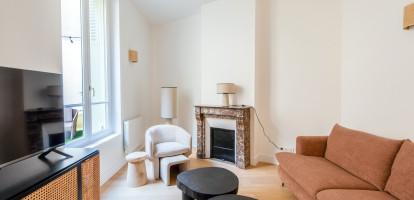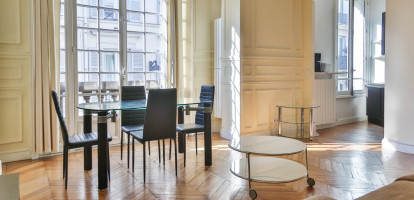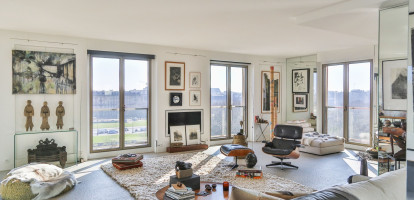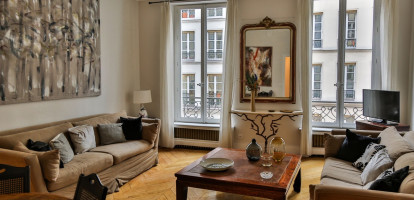Summary:
Attending auctions is not reserved for Real Estate professionals or insiders. A first-time buyer can bid. However, good preparation for your auction is essential. When you become familiar with all the specific rules, buying real estate at auction can be a very exciting experience.
With a starting price of 30% below the estimated value, the real estate auction sale often makes it possible to acquire a property at a good deal. In addition, this method makes it possible to unearth accommodations that escape the traditional sales channels.
Finally, auctions provide access to a wide variety of properties: houses, apartments, land, forests, ponds, and even commercial premises. These properties are located everywhere in France.
Understanding how real estate auctions work
Before participating in a sale, we strongly recommend attending one or two "blank" auctions to get familiar with the procedure and the atmosphere.
You must bring several documents to qualify for the auction session. For example, a bank check for deposit, proof of identity, and proof of address are good qualifications. Then, you get a numbered badge identifying you during the auction. And for a judicial sale, your auction solicitor holds this badge to represent you.
The importance of carefully consulting the property sale specifications
The specifications allow you to take note of essential information: the property's characteristics, description, surface area, easement, co-ownership charges, photos, real estate diagnostics, costs for the purchaser, and the period for payment.
Organization and planning of property viewings
The dates and times of viewing are determined and imposed: generally, three visits of two hours are authorized. Most of the time, these viewings take place during the week and are collective.
On D-day, the auction begins with the sale price indicated in the advertisement. Then the rules are that buyers offer a higher price than the previous one. And when there are no more new offers, the last bidder wins the bid and becomes the new owner.
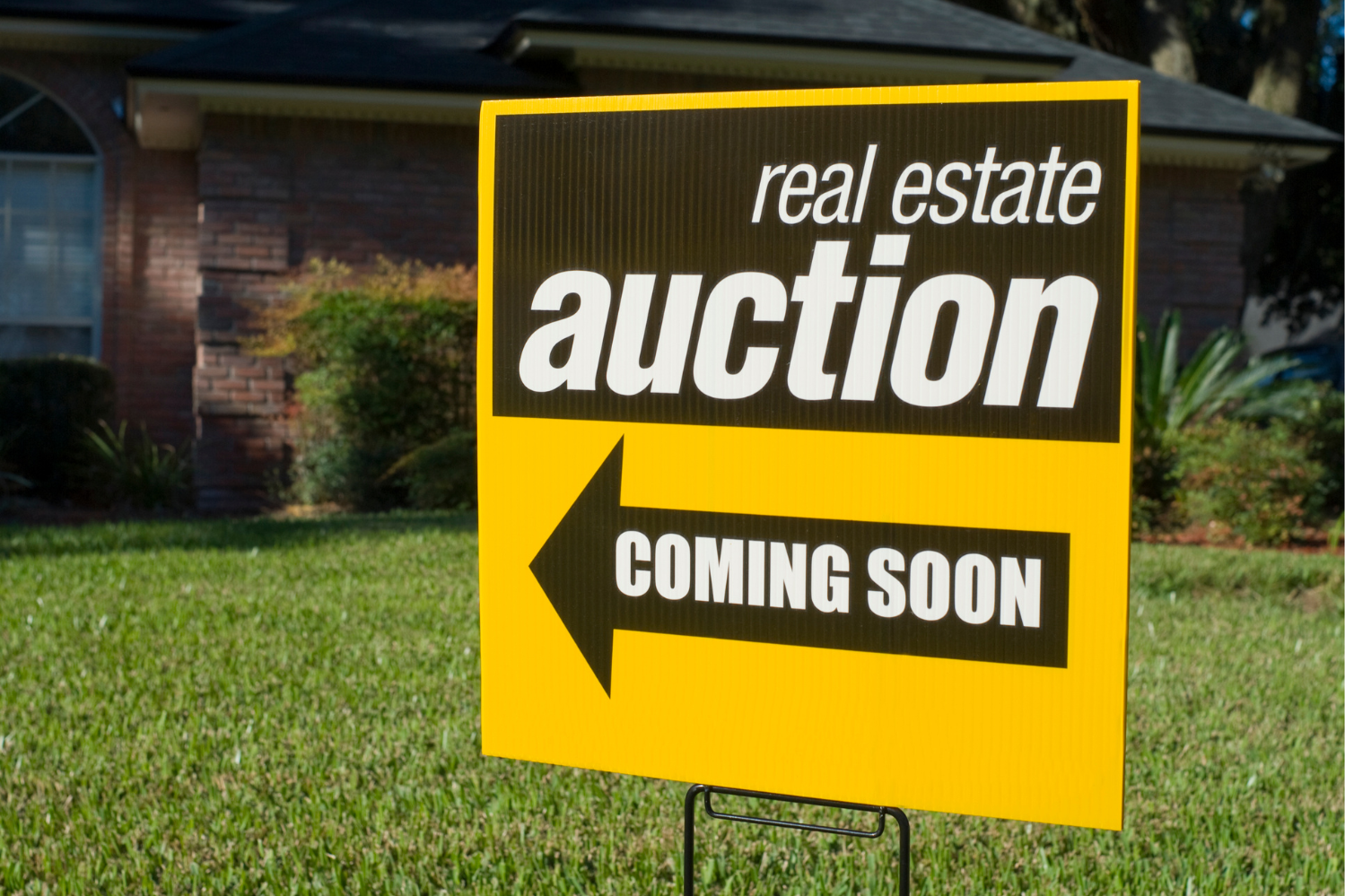
Discover the three main real estate auction channels
1. Notarial Real Estate auction
Notarial sales take place in the notaries' departmental chamber. You must give the notary a bank check for deposit at the start of the session. This sector is best known.
Auctions organized by notaries unfold:
- by candlelight for amicable adjudications, or judicial ones
- by stopwatch for judicial adjudications only
2. State-owned real estate auctions
Estate auctions take place in the prefectures or tax offices. The State regularly sells assets like barracks, train stations, and land. Properties that are for Sale by the State are "vacant estates," i.e., a property without heirs.
To participate in these sales, no need to register beforehand. All you have to do is present yourself on the auction day with the required documents. However, any upset price over €7,500 involves a deposit check representing 5% of the upset price.
3. Judicial property auctions
Judicial sales take place in the High Courts (TGI). These sales result from seizures and judicial liquidation, divorces, namely assets held in joint ownership and for which the joint owners have not been able to agree.
This is the only channel requiring the use of a lawyer to participate in the session. He alone is authorized to bid on your behalf. Therefore, you will have to give him a signed mandate on which your limit bid appears and the deposit check for 20% of the upset price. This auction sector is really worth it due to a minor attendance.
Since in judicial sales a solicitor assists you, they get a fee (between 1,000 and 2,000 euros) and a bank check deposit for 10 to 20% of the upset price is due.

What happens after the auction?
The property buyer closes the deal and signs the sale deed at the end of the auction. In becoming the purchaser of this property, the purchaser cannot, in any case, cancel the sale, and they will be liable for its price.
However, during the next ten days after the auction sale, another bidder may outbid by 10% of the property price.
After the ten days, the auctioneer is liable for the price within 30 days for a State sale, 45 days for a notarial sale, and 60 days for a judicial sale. Beyond this time limit, penalties increase after 75 days. Buying Real Estate at auction is legally binding and non-payment may result in forfeiting the sale with financial sanctions.
During that period, the buyer meets with the notary to pay the balance of the price. At last, the notary gives the keys to the new official property owner.
Nota Bene: Those who did not win the auction will recover their deposit check on the same day.
Different ways to participate in auctions
Today, buying real estate at auctions on the internet are popular. After registering, you will receive an electronic authorization and a password. After that, you will have access to the property specifications online, and at the end of the auction sale, the procedure will follow as a traditional transaction.
In the event of a "candle" sale, a countdown starts in the form of two candles (sometimes three). The notary lights the candle, which burns for 30 seconds before going out. The highest bidder gets the property when the two (or three) candles go out. Sometimes the timer replaces the candle. The asset is sold when the last bid is not followed by a new request for 90 seconds.
Risks and considerations for buying property at auctions?
- Risk 1: No borrowing conditions for this type of purchase. The sale price must be paid within 60 days at the most.
- Risk 2: Not owning the property immediately.
Even if you won the auction, other buyers could outbid the original price by 10% within ten days. You must therefore wait for this period.
- Risk 3: During an auction, the buyer does not have a two-week period to withdraw, as is a classic real estate purchase.
- Risk 4: No guarantee for hidden defects
A disadvantage of the real estate auction is that the buyer does not have a guarantee against hidden defects. Therefore, the buyer cannot ask the seller for prejudice when noticing a flaw in their new property.
Good to know: Although it is possible to acquire a property at a discount price when buying a property at auction, this is not systematic. Some properties are sold for more than their market value by overwhelming enthusiasm!
Overview of costs associated with buying real estate at auction
The overall budget is not limited to the price at auction, called the "hammer price." So, expect to pay 7-12% fees on the hammer price.
Here is the detail:
- For judicial auctions, you have to reckon with bailiff and publicity costs depending on the location and the estimated value of the property, reaching on average 10 to 12% of the purchase price.
- For notarial auctions, the advertising and operating expenses vary from 1 to 2% of the price. And on top of that, you have the notary's remuneration and charges for transferring ownership (nearly 8% of the purchase price).
- For State auctions, you should expect 7 to 8% fees.
Where to find real estate auction listings?
https://www.vench.fr is the real estate auction site on a platform.
To find out the calendar of judicial auctions, consult the announcements on the website of the chamber of notaries.
https://encheres-immo.com/.
After your acquisition, if you wish to rent out your apartment in Paris, don't hesitate to contact Paris Rental.
Editor: Claire de Circourt
Sources: Capital, In Extenso, Kadran, Droit-finance, Se loger, Notion Presse



 Français
Français





